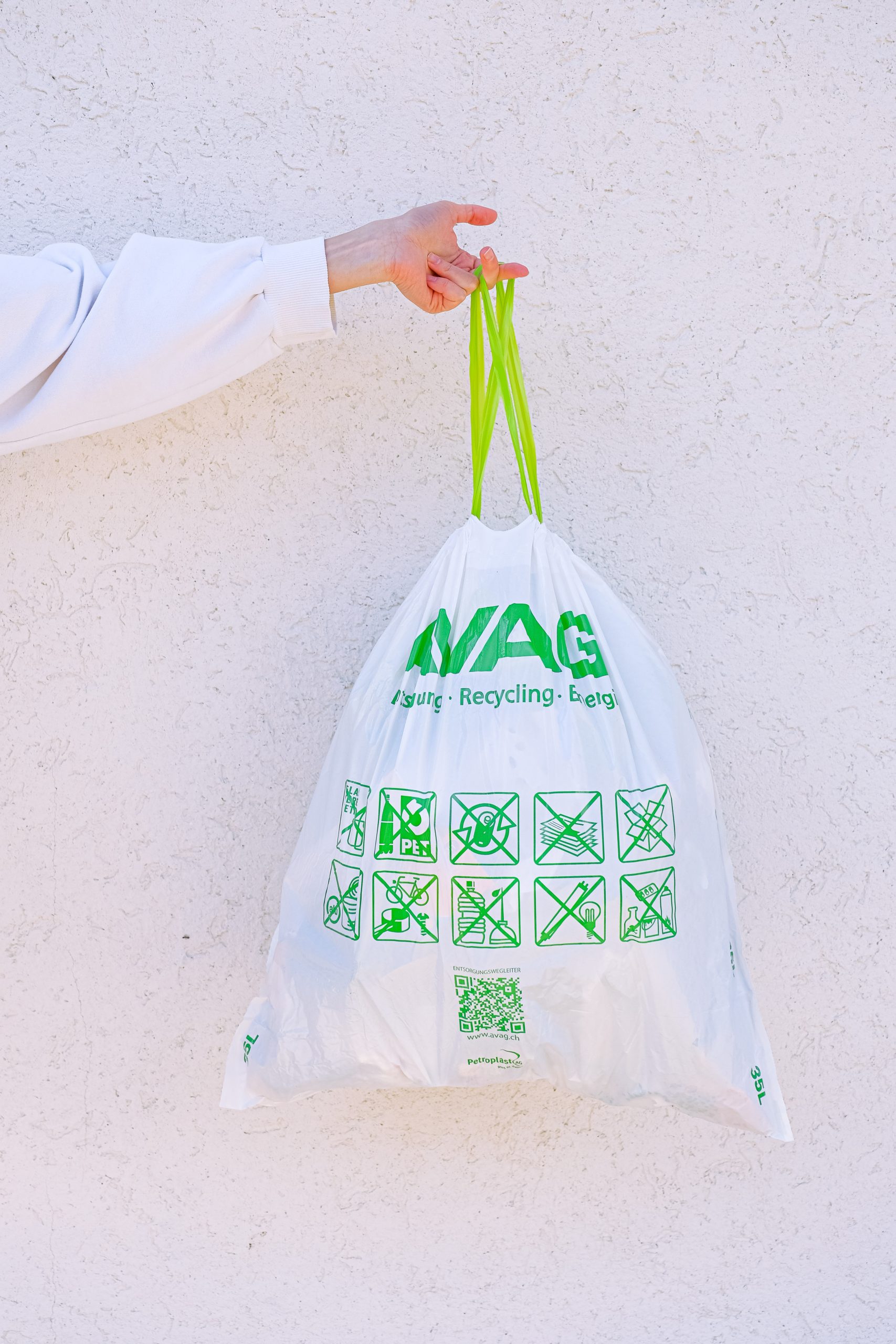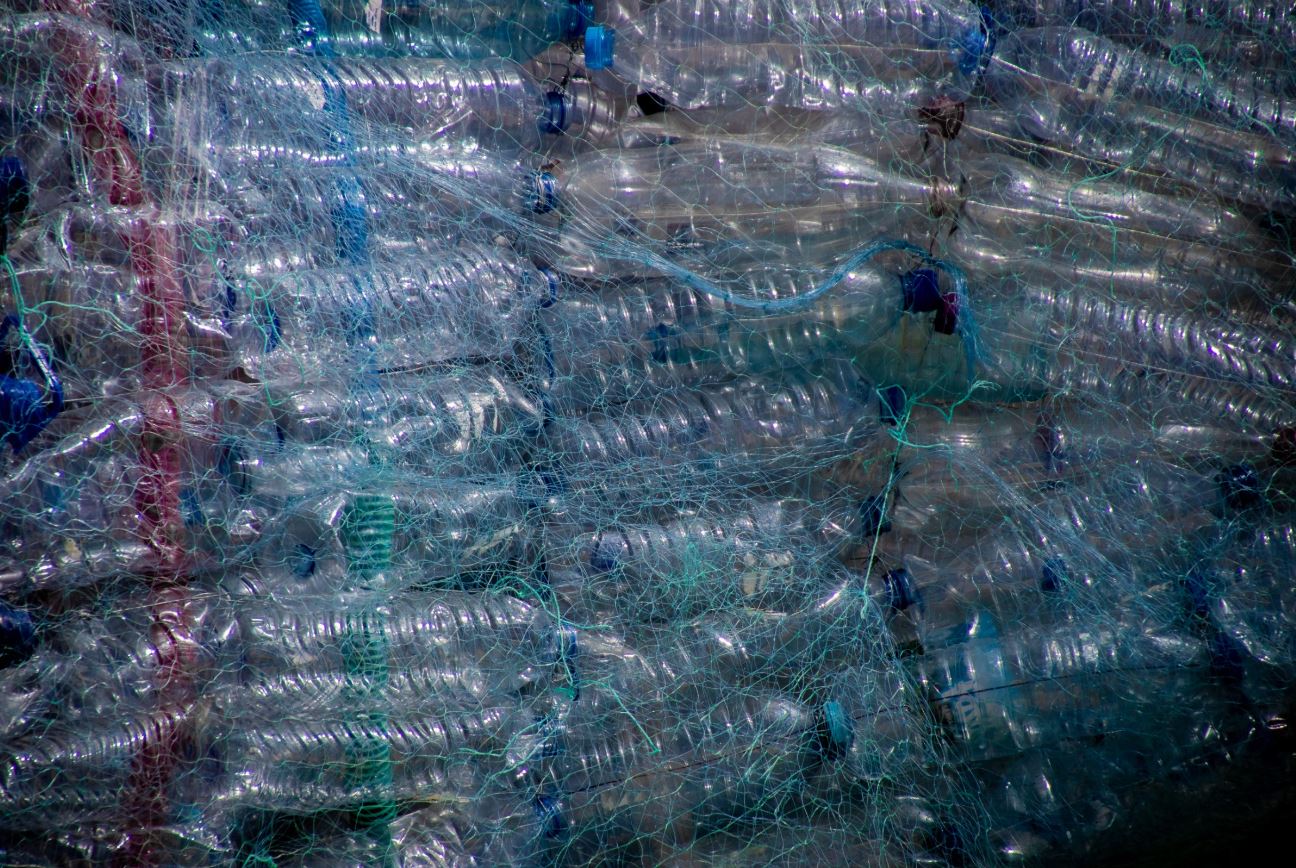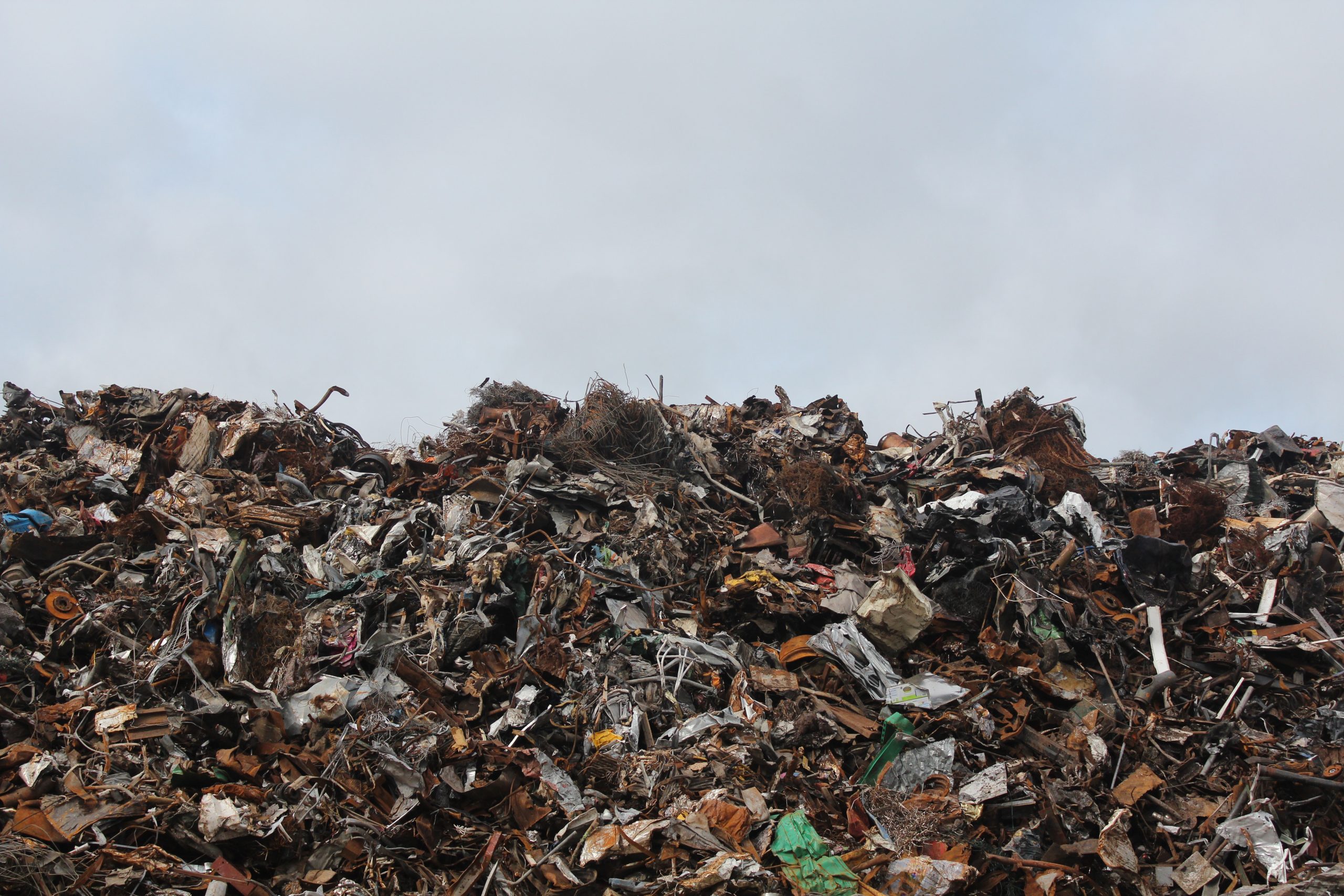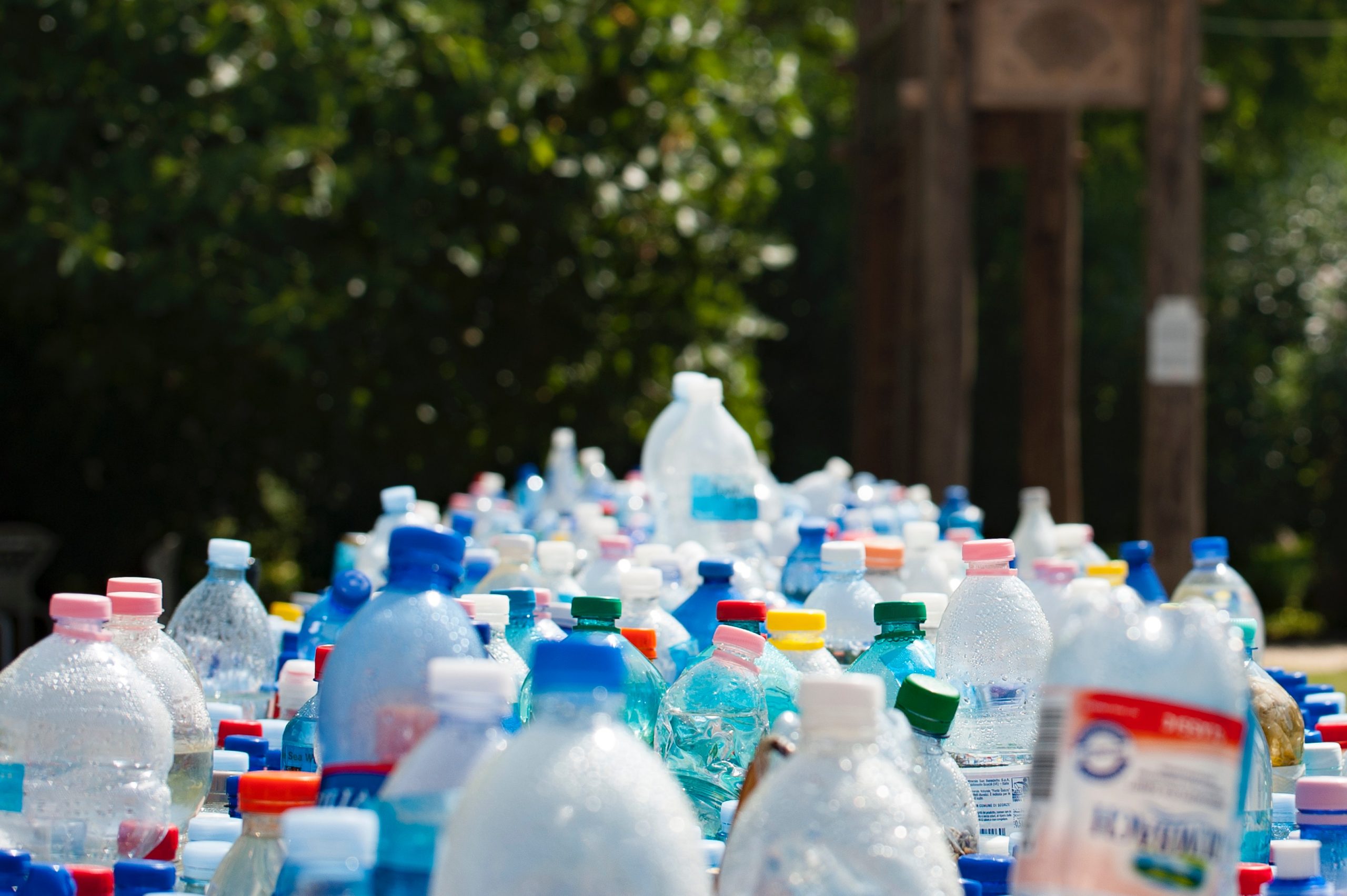
Slam-dunking the junk that you’ve collected after a clean-up always feels like a game-winning shot. Or a knock-out punch that marks the end of an intense and laborious task. Every time you put the trash in its place, it feels like that’s it, you’re done. You’ve successfully eliminated your trash.
But unfortunately, you have not.
A lot of things can happen to the rubbish you just threw. Some of it will get recycled and some will naturally decay. But most of it will either end up in a landfill or the ocean, floating around for the next few hundred years.
If you think we’re messing around, below are some numbers that will certainly surprise you:
- According to 2017 data, an average Australian produces 540 kg of household trash every year. That’s just in the household alone.
- That same year, we generated 67 million tonnes of waste
- A total of 21.7 million tonnes of that trash is now in a landfill
- While 130,000 tonnes are still floating around in our oceans
These numbers may feel overwhelming. But the thing is, there’s still something that can be done about it. And it starts right inside your home.
So gather up the family! It’s time to learn and practice these 5 Rs of waste management altogether to reduce your household waste and hopefully save the world.
Refuse

The first and best step to minimising your household waste is to refuse single-use plastics and non-recyclable materials in the first place. Once you refuse to buy these wasteful products, you are already reducing the plastics in your house that you will have to dispose of eventually.
It’s not a walk in the park, though. But it’s also not impossible. To cut down a truckload of garbage being collected in your house yearly, you’ll also need a truckload of patience and determination. Below are some tips on how you can successfully say no to plastic:
Food for tote
On your next run to the supermarket, bring your stylish tote bag instead of using the market’s plastic bags to carry your goods. Even though most major supermarkets have removed single use plastic bags and now offer more eco-friendly plastic options, we can still reduce the usage of these. This will save you not only help towards reducing your environmental footprint, but it will save you money as well!
Tote bags and eco bags are much sturdier than plastic bags, anyway. Also, who doesn’t want to shop in style, right?
Avoid too much packaging
Aside from shopping with tote bags, another way of saying no to plastic is avoiding pre-packed items like meat, fruits, and vegetables. Your local markets might be a better place to get your meat and greens since you can purchase them per kilo and have them placed in your reusable or recyclable bags.
Reduce
If you think that this should go first in the hierarchy, you’re probably still stuck with the Reduce, Reuse, Recycle campaign from back in the day. Which obviously didn’t pan out.
Reducing your household waste means that you have to lessen your dependency on plastics and other harmful materials. It will not only save the Earth, but it can also save you some cash. Here’s how:
Throw the best party, not a bag of plastic utensils
If you’re planning to throw a small party, your collection of silver utensils at home might be enough. But if you’re throwing a big one, you will certainly need some more. But it’s not a good excuse to buy plastic spoons, plates and cups right away.
There are more sustainable alternatives available now in the market like paper cups, plates and other compostable utensils. Make good use of them. And if you’re inviting very close friends and relatives over, why not ask them to bring their own utensils?.
Channel the Hulk and buy in bulk
Put those muscles to the test and see if you can carry gallons of detergent and shampoo. Just kidding, you can always use carts or ask for assistance! But you get that point, refrain from buying sachets of cosmetic, skincare, laundry, and other cleaning products.
Mother Nature will surely appreciate it if you start hoarding these products in litre or gallon jars & bottles. That’s because most of these containers are both reusable and recyclable. Plus, carrying these products can be a good workout, too!
Reuse and Repurpose

While reusing and repurposing are two different things, these two disciplines share the same goal: cutting down your household trash.
The first two Rs are preventive measures to minimise the presence of trash in the house. On the other hand, reusing and repurposing help minimise the rubbish leaving your house so they won’t end up in landfills and oceans.
Below are some reusable items that are always handy to have in your own home:
- Metal straws or bamboo straws
- Bamboo and other compostable cutleries
- Ziplock bags
- Tote bags for shopping
- Bowl covers
- Microwaveable containers
- Washable items like napkins and diapers
On the other hand, here are some staple household items which you can repurpose instead of feeding them to the can:
Plastic Soda Bottles and Gallon Jugs – these containers are perfect for DIY projects like plant pots and bird feeders.
Newspapers, Magazines and Paper Bags – paper is one of the easiest materials to recycle. You can also use the newspapers in almost all DIY projects that you could think of. Other papers like magazines and paper bags on the other hand are great materials for woven baskets and envelopes.
Used Clothes and Towels – If your grown out clothes are still in good condition, you can either donate them or sell them via a garage sale. But if the clothes are already worn out, you can cut them down to pieces and use them as cleaning rags.
If you’re in the mood for a DIY project, you can cut these clothes into strips and braid them to make a rug!
Broken Ceramics – coffee mugs, if not totally broken, can be used as a rooting pot. Broken china on the other can be used to make garden paths in your yard.
These are only some of the items that you can use for your DIY projects. So ready your materials and get those creative juices flowing!
Rot
Many underestimate the power of composting household food waste in the backyard. If you’re one of those who throw away food scraps into the bin, you might also want to throw that practice out the window.
Not only will it help you in managing your waste, but it will also make your garden soil healthier. So if you’re a plant parent yourself, start composting your organic trash because it will certainly benefit your plant babies.
Below are some types of composts you can have in your own backyard
Closed bins – if you live in the city or suburbs, where there’s not much ground to dig, closed bins are the perfect option for composting.
Pits or trenches – compost pits are perfect if you want to hide your organic trash underground.
The difference between closed bins and compost pits is that you can harvest the compost materials in closed bins and use them as fertilizers. Pits or trenches, on the other hand, allow you to enrich areas of your yard where you want your plants to grow healthy.
Recycle

Recycling must always be the last resort. When you’ve already upcycled the items that can be repurposed, or buried the organic waste underground, the last thing to do is to recycle the items left.
A little heads up though, you can’t do this all by yourself, especially if you have a lot of things to recycle. When it comes to recycling, there are a few options – you can use the recycling bin for your home or apartment building (if you have one), you can bring them to facilities yourself (in some states you can even earn money on recyclable materials). or in some cities and regions, you can organise for the recycling companies to pick up your trash for you.
Most of these companies will handle the logistics since they have all the resources for collection, sorting and transforming your trash into new and improved products. All you have to do is to follow the three rules of thumb in properly segregating your recyclables.
- Not all items are recyclable. Most recycling facilities only accept plastic containers, bottles, cans, paper and cardboards. So limit the content of your bins to those items only.
- Recycling facilities are not massive compost pits. So take the leftover food or water out of the items and make sure they’re clean before putting them into the bin.
- Do not include plastic bags in the mix. If you’ve collected the recyclables and bagged them in plastic, take them out and leave only the recyclables in the can.
Keep in mind that the lesser items you have to recycle, the better. It only means that you’ve done a great job in managing your household waste.
Wait… one last R: Repeat
Properly managing your household waste is not a one-time affair. If you’re committed to helping the environment, these 5 Rs must be embedded in your lifestyle.
So if you’re planning to spruce up your home this coming weekend, take note of this strategy and start practising it.
If you’re hiring somebody else to do the dirty work for you, make sure to bring it up and make it clear that you value these disciplines.
The 5 R strategy may seem a lot of work, but it’s one of our best strategies to turn this whole saving-the-Earth game around. Once we’re all on the final stretch of the whole process, slam-dunking the junk (that we’ve managed to minimise) will not only feel like a game-winner but also a game-changer.

